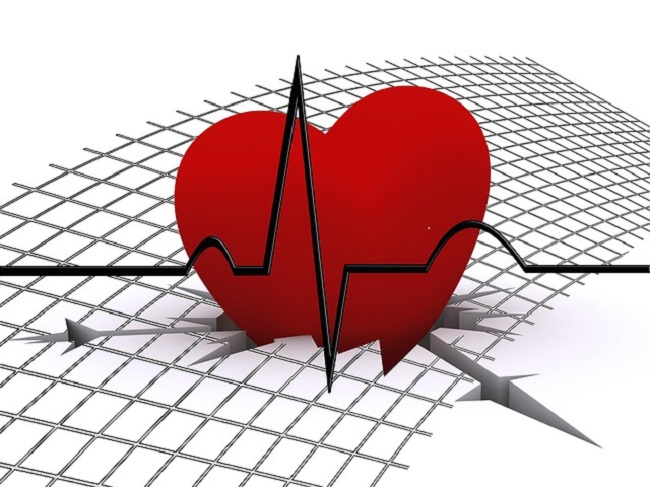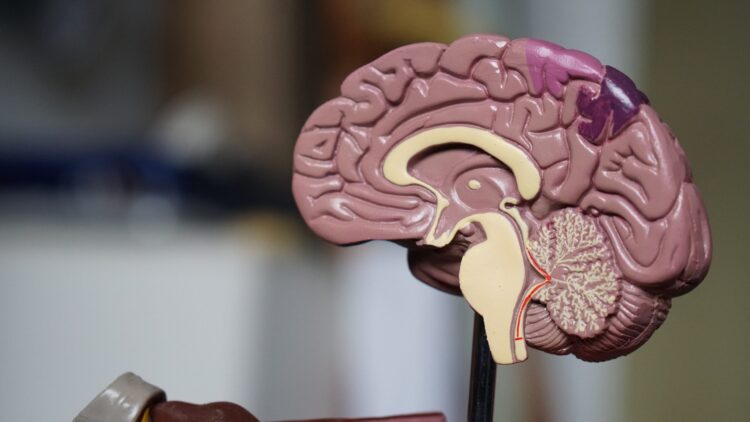The autonomic nervous system dysfunction is merely imho an abstraction created by the same people who brought us membranes and pumps, whom Gilbert Ling already debunked.If you have a high sugar diet the thiamine can be super helpful for the low oxygen at night which could be sleep apnea from autonomic nervous system dysfunction.
This abstraction is a device to suspend the normal human's ability to connect dots in cause and effect relationships, and it's like I get stabbed, and I go see my doctor and he tells me I have high beta-sympathetic activity and low parasympathetic, and that the wound is superficial.
So, personally, all the sleep apnea experts and therapist can all go to hell.
It is all metabolic in nature and CO2 plays a big role in that. By CO2 I mean also carbonic acid and bicarbonate all being adequate and whose conversion from one to another makes us very adaptable and able to handle stress better, or even avoid having to go to stress responses.





